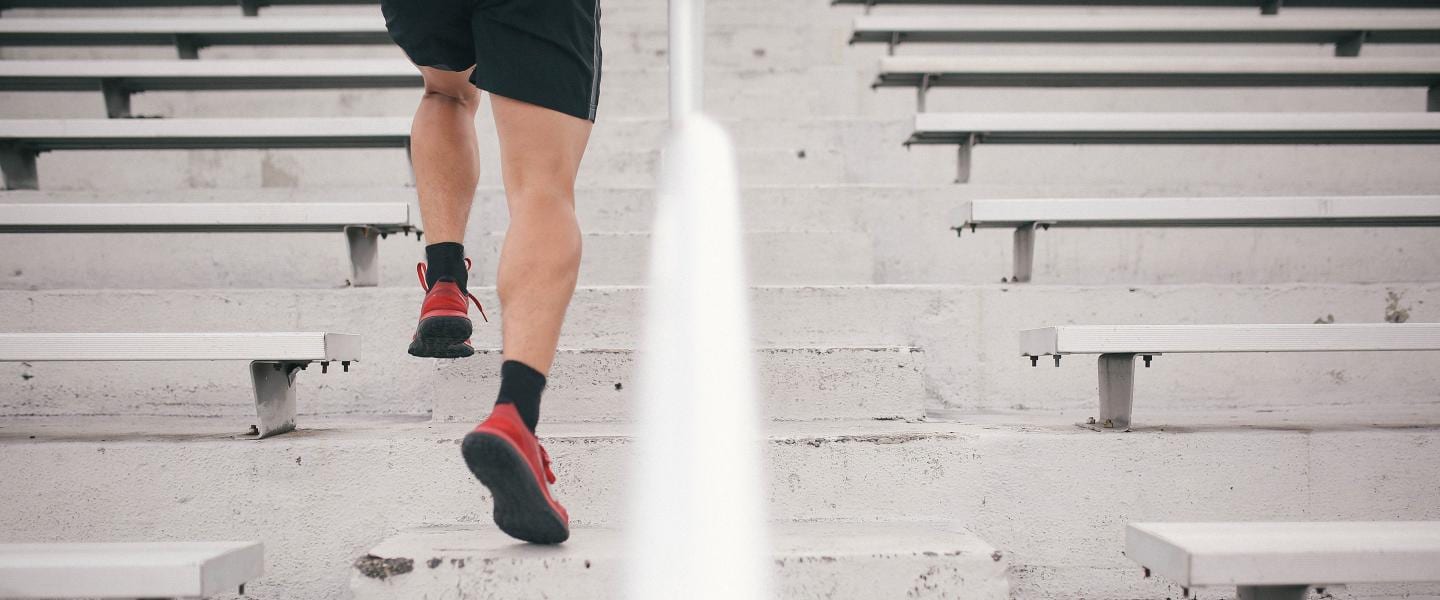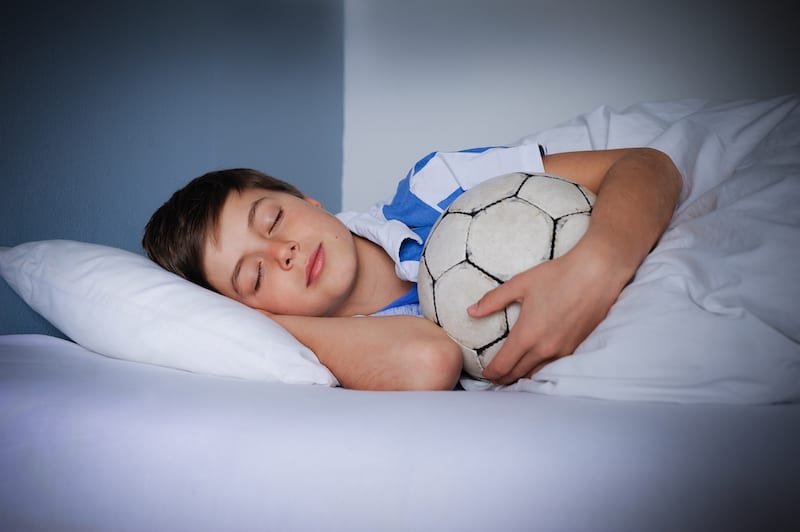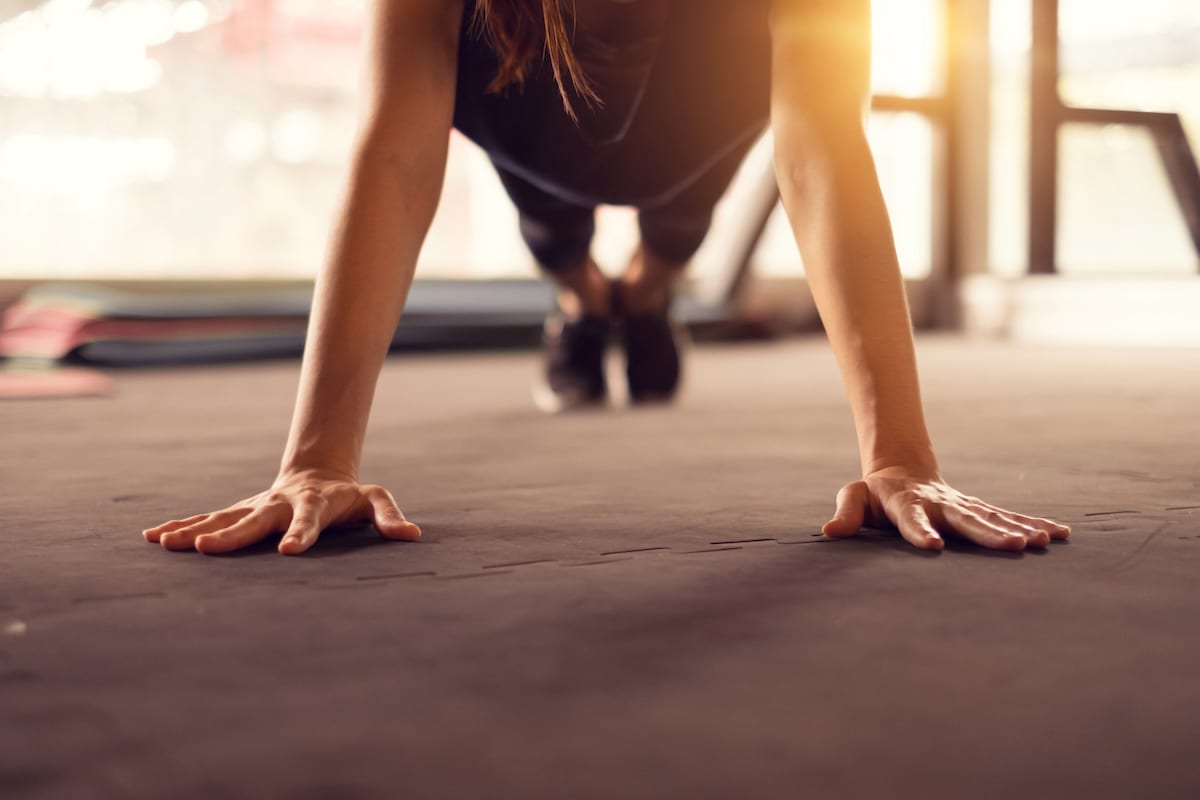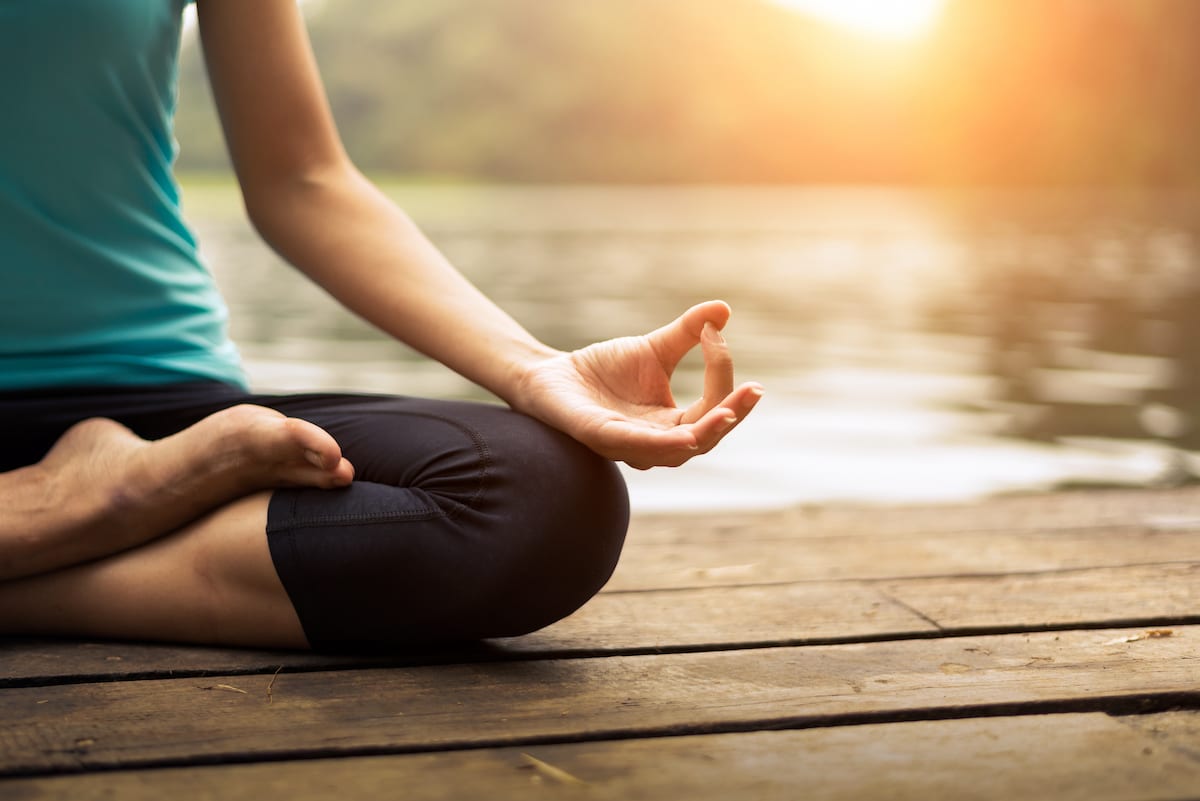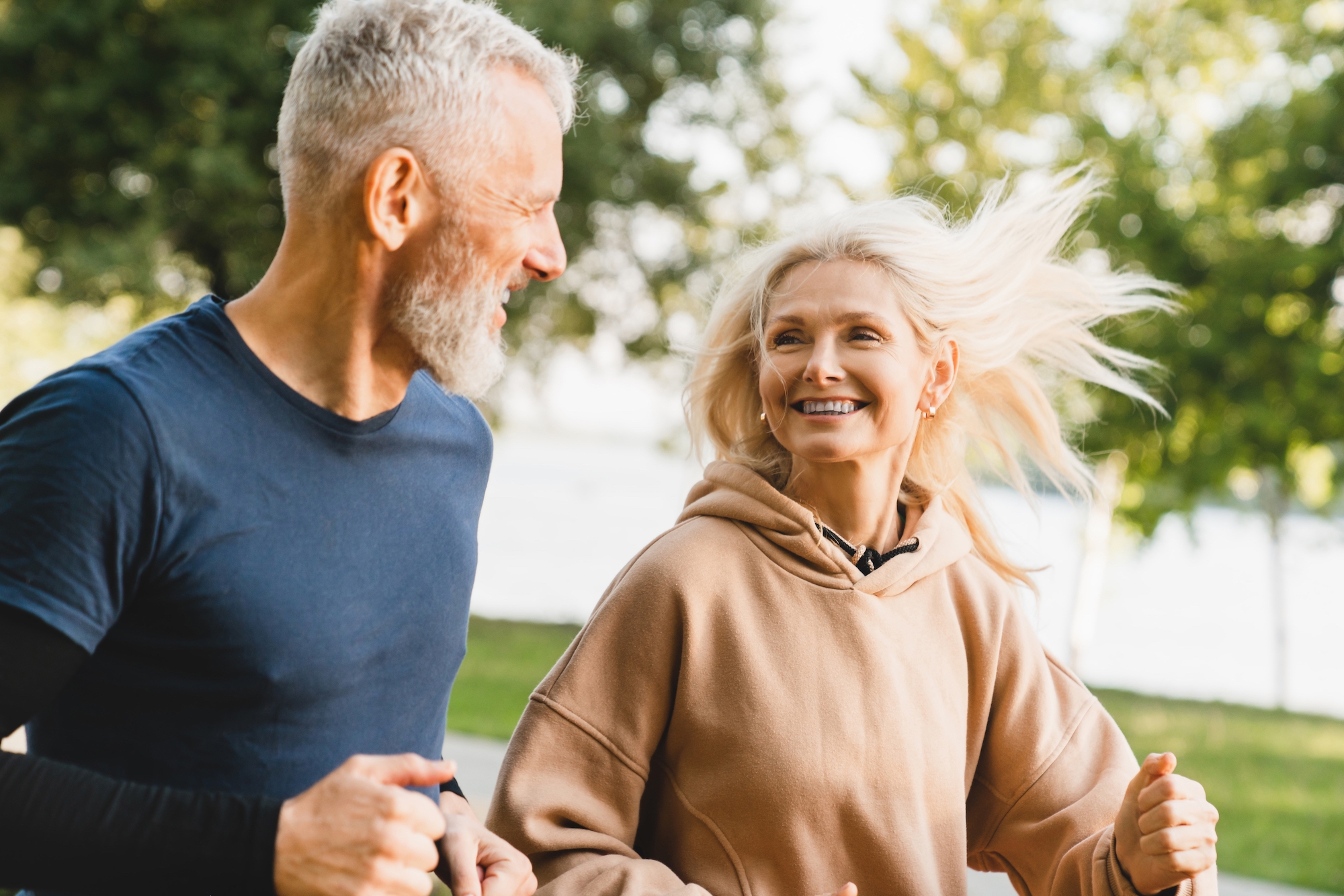When you buy through our links, we may earn a commission. Products or services may be offered by an affiliated entity. Learn more.
Physical Activity and Sleep
Exercise is essential to your overall health and wellbeing. Even small amounts of physical activity can improve your mood and cognitive function, alleviate anxiety, and decrease your risk of diseases and other medical conditions. Studies have also found that physical activity helps people sleep better. That said, how, how much, and when you exercise will affect your sleep in different ways.
Additionally, a good night’s sleep is important for those who exercise regularly. Sleep allows your body to recover from the previous day. Getting enough rest after a workout strengthens your muscles and tissues , which can help you avoid fatigue and exercise-related injuries. Conversely, poor sleep may lead to lower physical activity levels during the day.
Does Physical Activity Help You Sleep Better?
Numerous studies have explored the link between exercise and sleep, and most conclude that certain types of physical activity improve sleep quality and duration. Interestingly, other forms of exercise can decrease sleep quality and prevent us from getting enough rest.
The best exercise to improve sleep largely depends on how old you are. For instance, some studies have found that moderate exercise training over the course of several weeks can improve sleep quality and duration for adolescents, whereas vigorous exercise during the same timespan has been shown to decrease sleep duration for some teens.
Regular exercise can help healthy adults sleep better. While acute physical activity can have a small effect on sleep quality and duration, regular, moderate exercise can extend sleep duration, improve sleep quality, and decrease sleep onset, or the time it takes to fall asleep.
For adults with sleep disorders, exercise needs may be a bit different. One study found that moderate resistance training and stretching exercises are beneficial to people with insomnia. Similarly, subjects who participated in moderate aerobic sessions reported decreased sleep onset, fewer waking episodes during the night, longer sleep duration, more sleep efficiency, and less overall anxiety.
Other Health Benefits of Physical Activity
In addition to helping you sleep better, regular exercise also provides the following benefits:
- Improved Endurance: Certain aerobic activities can increase your heart and breathing rates, which is important for healthy cardiovascular, respiratory, and circulatory function. Endurance exercises include running or brisk walking, swimming, and cycling.
- Stronger Bones and Muscles: Weightlifting and other strength-building exercises can increase your muscle mass. For older adults, physical activity also keeps bones and joints in good shape. This can counteract the loss of bone density, which naturally occurs with age, and decrease the risk of a hip fracture during a fall.
- Increased Balance and Flexibility: Balancing exercises like tai chi make it easier for you to walk on uneven surfaces and reduce your risk of falling and injuring yourself. Yoga and other stretching exercises help your body remain limber.
- Weight Management: Exercising allows you to burn the calories you consume from eating and drinking. The right amount of exercise depends on your body type, since some people require more physical activity to burn calories. However, 30 minutes of moderate aerobic activity five times per week is recommended for most people.
- Reduced Health Risks: Regular exercise can decrease your risk of a wide range of diseases and medical conditions. These include cardiovascular disease, stroke, diabetes, and some types of cancer. Physical activity can also reduce your risk of mental health disorders like depression and anxiety.
- Longer Lifespan: People who exercise for roughly 150 minutes per week are 33% more likely to outlive those who don’t exercise. Keep in mind that you don’t need to overdo it on physical activity in order to be healthy. Even small bursts of moderate to vigorous exercise can benefit your overall health.
When Should You Exercise?
The timing of your workout is crucial to sleep. Aerobic workouts in the early morning have been shown to improve sleep quality to a greater extent than the same workouts in the afternoon or evening. Exercising in the morning has also been linked to more time spent in slow-wave sleep. A daytime walk lasting 10 minutes or longer can also improve your sleep that night.
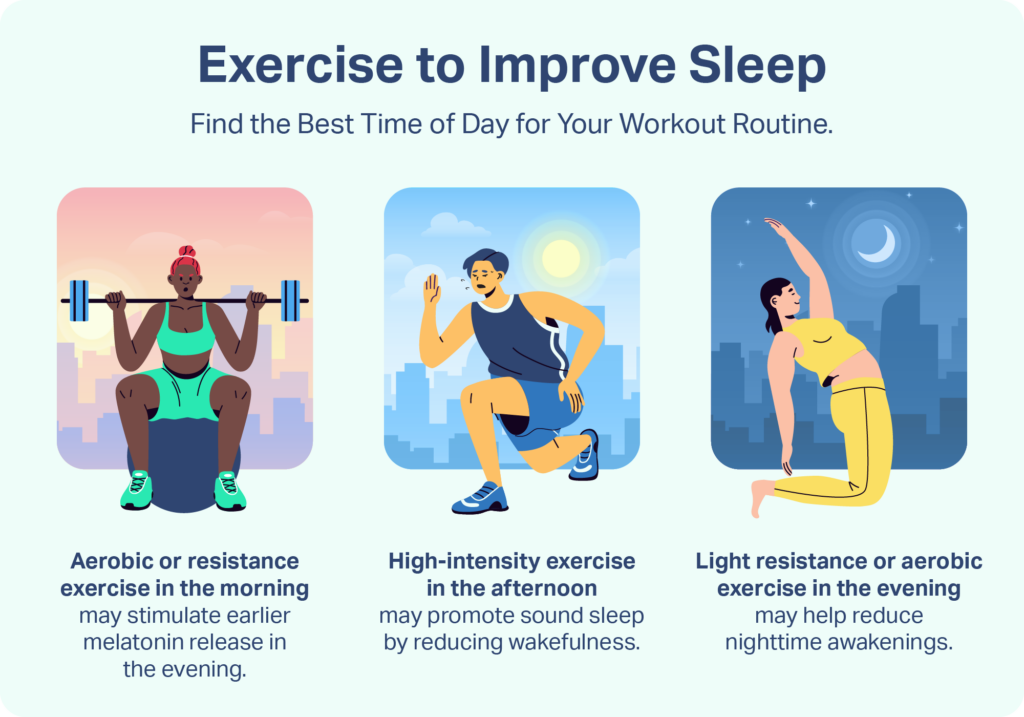
A good rule-of-thumb is to avoid strenuous exercise within three hours of your scheduled bedtime. Working out late in the day can raise your body temperature, which in turn may impact sleep onset and how well you sleep. Some studies have even concluded that high-intensity workouts within an hour of bedtime can negatively affect sleep time and sleep efficiency.
Yoga and other stretching exercises may be more suitable evening exercises, as they promote feelings of relaxation and can improve sleep quality. Alternatively, you can alleviate physical tension before bed using progressive muscle relaxation, meditation, and other relaxation techniques.

Still have questions? Ask our community!
Join our Sleep Care Community — a trusted hub of sleep health professionals, product specialists, and people just like you. Whether you need expert sleep advice for your insomnia or you’re searching for the perfect mattress, we’ve got you covered. Get personalized guidance from the experts who know sleep best.
References
12 Sources
-
Division of Nutrition, Physical Activity, and Obesity, National Center for Chronic Disease Prevention and Health Promotion. (2023, December 20). Physical Activity Basics. Centers for Disease Control and Prevention.
https://www.cdc.gov/physical-activity-basics/guidelines/adults.html?CDC_AAref_Val=https://www.cdc.gov/physicalactivity/basics/adults/index.htm -
Ketchiff, M. (2017, March 20). The Sleep and Exercise Connection That Can Change Your Life and Your Workouts. Shape.
https://www.shape.com/fitness/tips/sleep-and-exercise-connection-can-change-your-life-and-your-workouts -
Kline, C. (2014). The bidirectional relationship between exercise and sleep: Implications for exercise adherence and sleep improvement. American Journal of Lifestyle Medicine, 8(6), 375–379.
https://pubmed.ncbi.nlm.nih.gov/25729341/ -
Dolezal, B., Neufeld, E., Boland, D., Martin, J., & Cooper, C. (2017). Interrelationship between Sleep and Exercise: A Systematic Review. Advances in Preventive Medicine.
https://pubmed.ncbi.nlm.nih.gov/28458924/ -
D’Aurea, C. V. R., Poyares, D., Passos, G. S., Santana, M. G., Youngstedt, S. D., Souza, A. A., Bicudo, J., Tufik, S., & de Mello, M. T. (2018). Effects of resistance exercise training and stretching on chronic insomnia. Brazilian Journal of Psychiatry, 41(1).
https://pubmed.ncbi.nlm.nih.gov/30328967/ -
Division of Nutrition, Physical Activity, and Obesity, National Center for Chronic Disease Prevention and Health Promotion. (2024, April 24). Benefits of Physical Activity. Centers for Disease Control and Prevention.
https://www.cdc.gov/physical-activity-basics/benefits/?CDC_AAref_Val=https://www.cdc.gov/physicalactivity/basics/pa-health/index.htm -
U.S. National Library of Medicine. (2020, August 13). Exercise and Physical Fitness. MedlinePlus.
https://medlineplus.gov/exerciseandphysicalfitness.html -
Fairbrother, K., Cartner, B., Alley, J. R., Curry, C. D., Dickinson, D. L., Morris, D. M., & Collier, S. R. (2014). Effects of exercise timing on sleep architecture and nocturnal blood pressure in prehypertensives. Vascular health and risk management, 10, 691–698.
https://pubmed.ncbi.nlm.nih.gov/25540588/ -
Caruso, C. C., & Chosewood, L. C. (2020, June 29). Improve Sleep: Tips to Improve Your Sleep When Times Are Tough. Centers for Disease Control and Prevention.
https://blogs.cdc.gov/niosh-science-blog/2020/06/29/sleep-hwd/ -
Stutz, J., Eiholzer, R., & Spengler, C. M. (2019). Effects of Evening Exercise on Sleep in Healthy Participants: A Systematic Review and Meta-Analysis. Sports Medicine, 49(2), 269–287.
https://pubmed.ncbi.nlm.nih.gov/30374942/ -
DiNardo, K. (2020, October 10). Rest Better With Light Exercises. The New York Times.
https://www.nytimes.com/2020/10/10/at-home/exercises-for-better-sleep.html -
InformedHealth.org [Internet]. Cologne, Germany: Institute for Quality and Efficiency in Health Care (IQWiG); 2006-.
https://www.ncbi.nlm.nih.gov/books/NBK65083/


